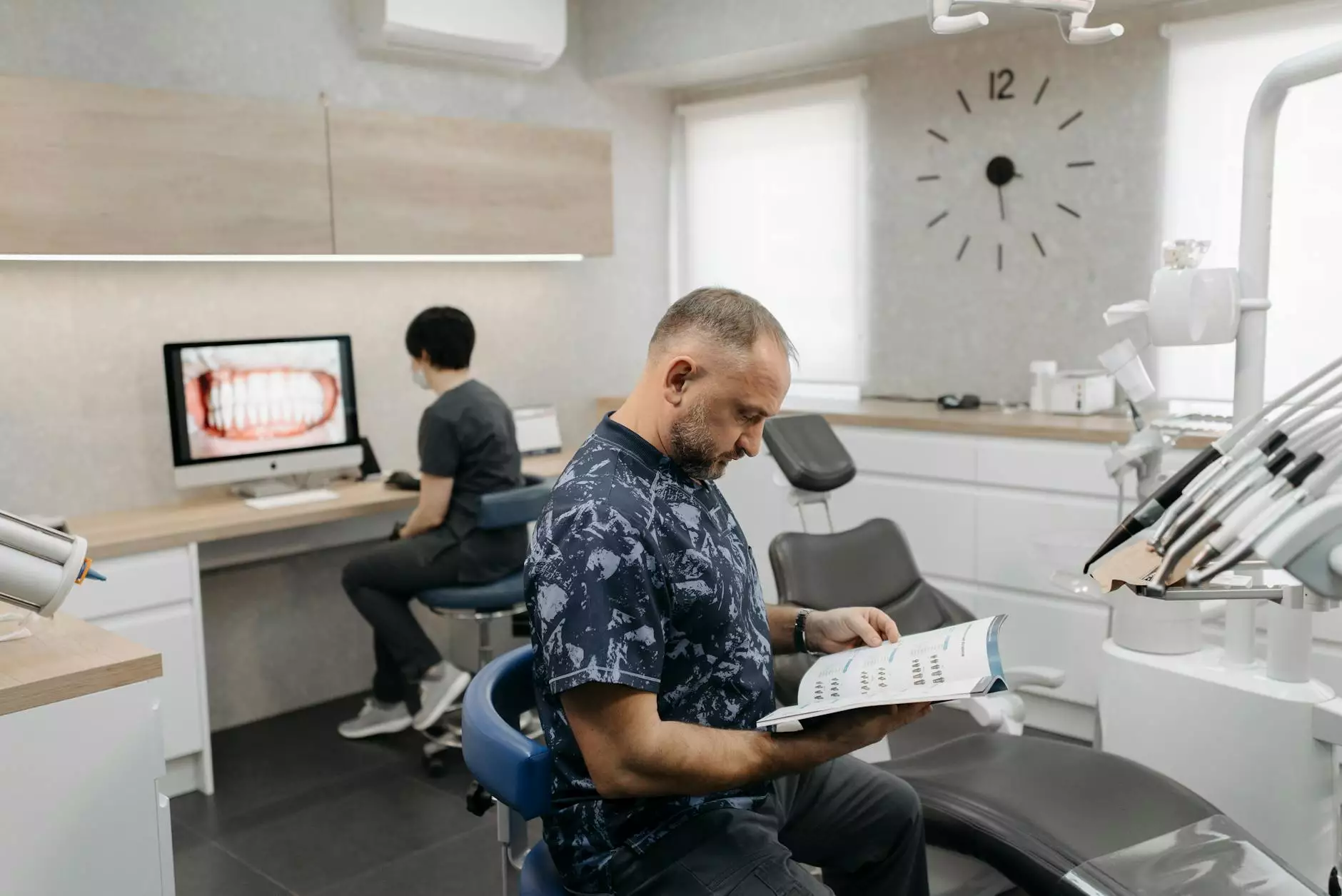Unleashing Innovation: The Role of Incubator Lab Space in Health & Medical Fields

In today’s rapidly evolving world, the demand for innovative solutions in the health and medical sectors is at an all-time high. The rise of startups and research initiatives dedicated to alternative medicine has emphasized the need for specialized environments where creativity and scientific exploration can thrive. This is where the concept of incubator lab space comes into play.
What is Incubator Lab Space?
Incubator lab spaces are specially designed environments that provide startups and established businesses with the necessary infrastructure, resources, and support to develop their products and services. These spaces often include:
- State-of-the-art equipment tailored for research and development.
- Office space for team collaboration.
- Networking opportunities with experts in the field.
- Access to mentorship from seasoned professionals.
- Funding opportunities and business development support.
The Demand for Incubator Lab Space in the Health Sector
As we delve into the health and medical fields, it becomes evident that the demand for incubator lab space is not just a trend but a necessity. Here are several reasons why incubator lab spaces are pivotal:
1. Rapid Technological Advancements
The health and medical sectors are experiencing rapid technological advancements. From digital health solutions to biotechnology innovations, startups need flexible and advanced environments to adapt to changing technologies. Incubator lab spaces provide the agility to shift approaches as needed.
2. Accelerated Research and Development
In medical innovation, time is critical. The quicker a product can go from concept to market, the more likely it is to succeed. Incubator labs streamline this process by providing quick access to necessary resources, thereby accelerating research and development timelines.
3. Collaborative Ecosystem
Innovation rarely happens in isolation. An incubator lab space fosters a collaborative environment where entrepreneurs, scientists, and experts from various fields can exchange ideas and insights. This interplay often leads to groundbreaking advancements that can benefit the entire industry.
Key Features of Effective Incubator Lab Spaces
Not all incubator lab spaces are created equal. Various factors contribute to their effectiveness, particularly in the health and medical sectors. Here are some key features that make an incubator space successful:
1. Access to Advanced Technology
The presence of cutting-edge technology is crucial. Labs must be equipped with the latest diagnostic tools, laboratory equipment, and computing capabilities to facilitate innovative research.
2. Flexible Space Design
Startups often require different setups as their projects evolve. A well-designed incubator lab space provides flexibility in terms of workspace layout, ensuring that teams can adapt their environments as their needs change.
3. Business Support Services
Effective incubators offer more than just physical space; they provide business support services such as:
- Legal and regulatory assistance for navigating complex healthcare laws.
- Marketing support to help companies reach their target audiences.
- Financial guidance to assist with fundraising and budgeting.
Advantages of Choosing Incubator Lab Space for Startups
For health and medical startups, opting for incubator lab space presents several advantages that can significantly influence their chances of success:
1. Reduced Overheads
Setting up a private laboratory can be prohibitively expensive. Incubator spaces lower the financial burden by providing shared resources and amenities, allowing startups to focus their funds on innovation rather than infrastructure.
2. Networking Opportunities
Being part of an incubator lab provides access to a network of fellow innovators, industry experts, and potential investors. These connections are invaluable for overcoming challenges and finding opportunities for collaboration.
3. Enhanced Visibility and Credibility
Startups operating within recognized incubators often enjoy enhanced credibility in the eyes of potential clients and stakeholders, leading to increased visibility and business opportunities.
Challenges and Considerations when Choosing Incubator Lab Space
While the benefits are substantial, it's essential to consider a few challenges when pursuing incubator lab space:
1. Space Limitations
Many incubator labs operate on a first-come, first-served basis. Availability can be competitive, necessitating that startups engage promptly and efficiently in their search for space.
2. Strategic Fit
Startups must ensure that the incubator aligns with their specific needs, industry focus, and long-term goals. What works for one team might not be suitable for another.
3. Dependence on External Support
While incubators provide invaluable resources, startups may become overly reliant on external support. Maintaining independence in decision-making processes is crucial for developing robust business strategies.
Success Stories: Transformative Impact of Incubator Lab Spaces
The power of incubator lab spaces can be seen in numerous success stories. Many international health and medical startups have flourished within these environments. For example:
Case Study: BioTech Innovations
BioTech Innovations, a startup specializing in a revolutionary digital health application, leveraged the resources of a leading incubator lab. With access to a team of mentors, cutting-edge technology, and a collaborative environment, they transformed their initial concept into a fully-functional product, leading to successful partnerships with major healthcare providers.
Case Study: Alternative Medicine Pioneers
A group of researchers focused on developing natural remedies for chronic ailments found their niche by utilizing an incubator lab space. The collaborative nature allowed them to recruit technicians and healthcare professionals who contributed critical insights, enhancing the product development process. This synergy ultimately led to the successful launch of their alternative medicine line.
The Future of Incubator Lab Spaces and Their Role in Innovation
Looking forward, the role of incubator lab spaces in the health and medical sectors is poised to grow even further. As challenges emerge and demand for healthcare solutions increases, these spaces will continue to provide the essential support needed for innovative ideas to flourish.
1. Emphasis on Sustainability and Ethics
The future of health innovations will increasingly focus on sustainability and ethical practices. Incubators will need to prioritize these values in their operations, providing startups with the framework to adhere to such principles.
2. Cross-disciplinary Collaborations
As the boundaries of health and technology blur, incubators will promote cross-disciplinary collaborations, enabling medical researchers, technologists, and even social scientists to come together to address complex health issues.
Conclusion: Embracing the Opportunities Offered by Incubator Lab Space
In conclusion, the landscape of health and medical innovation is at a pivotal point, with incubator lab space playing a critical role in shaping its trajectory. For startups, entering a well-equipped, resource-rich incubator not only mitigates risks but opens vast avenues for growth and innovation. By fostering environments where collaboration, technology, and creativity converge, incubator lab spaces are the breeding grounds for the next significant breakthroughs in healthcare and alternative medicine.
For more insights on health innovation and the impact of incubator lab spaces, visit our website at bioinc.org. Join us in empowering the future of health and medical advancements!









